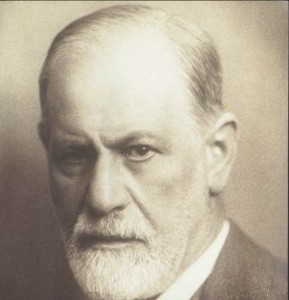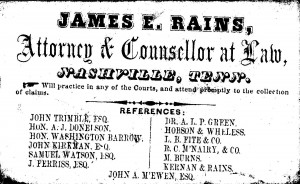 Last week my wife went to her dentist for a cleaning. The bill arrived with a charge of $84 for the cleaning and $45 for the exam. Then, the bill showed a $45 credit for the exam. In other words, the exam was free.
Last week my wife went to her dentist for a cleaning. The bill arrived with a charge of $84 for the cleaning and $45 for the exam. Then, the bill showed a $45 credit for the exam. In other words, the exam was free.
Why? I don’t know. Maybe because it was a brief exam or maybe he never charges for an exam that follows a cleaning. Whatever the reason, my wife and I were pleased. We like our dentist even more than we already did.
Now, what if he simply omitted the charge for the exam? Would that have had the same effect? I don’t think so. We wouldn’t know that he was “comping” the exam. If we had thought about it at all, we would have assumed the exam was included in the cleaning and not given it another thought.
When you do something nice for your clients, whether giving them a free service, a discount, or something extra, make sure they know about it. Put the charge on the statement and then show a credit for that charge, so the client can see the value of the service they received.
Do this for free consultations, too. Send a bill for the consultation, show a 100% credit, and a zero balance due.
Do you think your would-be clients will better appreciate the value of what you do if they see that the consultation they got free is worth $400?
You bet they will.
Something else. If you don’t have free or discounted services you occasionally give to clients and prospects, it’s time to start. One way to do that is to take something you regularly include as part of your services and “break it off” as a separate item.
For example, if you charge $1500 to prepare a living trust and this includes a pour over will, power of attorney, and living will at no charge, simply send an invoice that shows the ordinary charges for those additional documents and 100% credit.
If you want clients and prospects to appreciate you more, when you do something nice for them, make sure they know about it.















